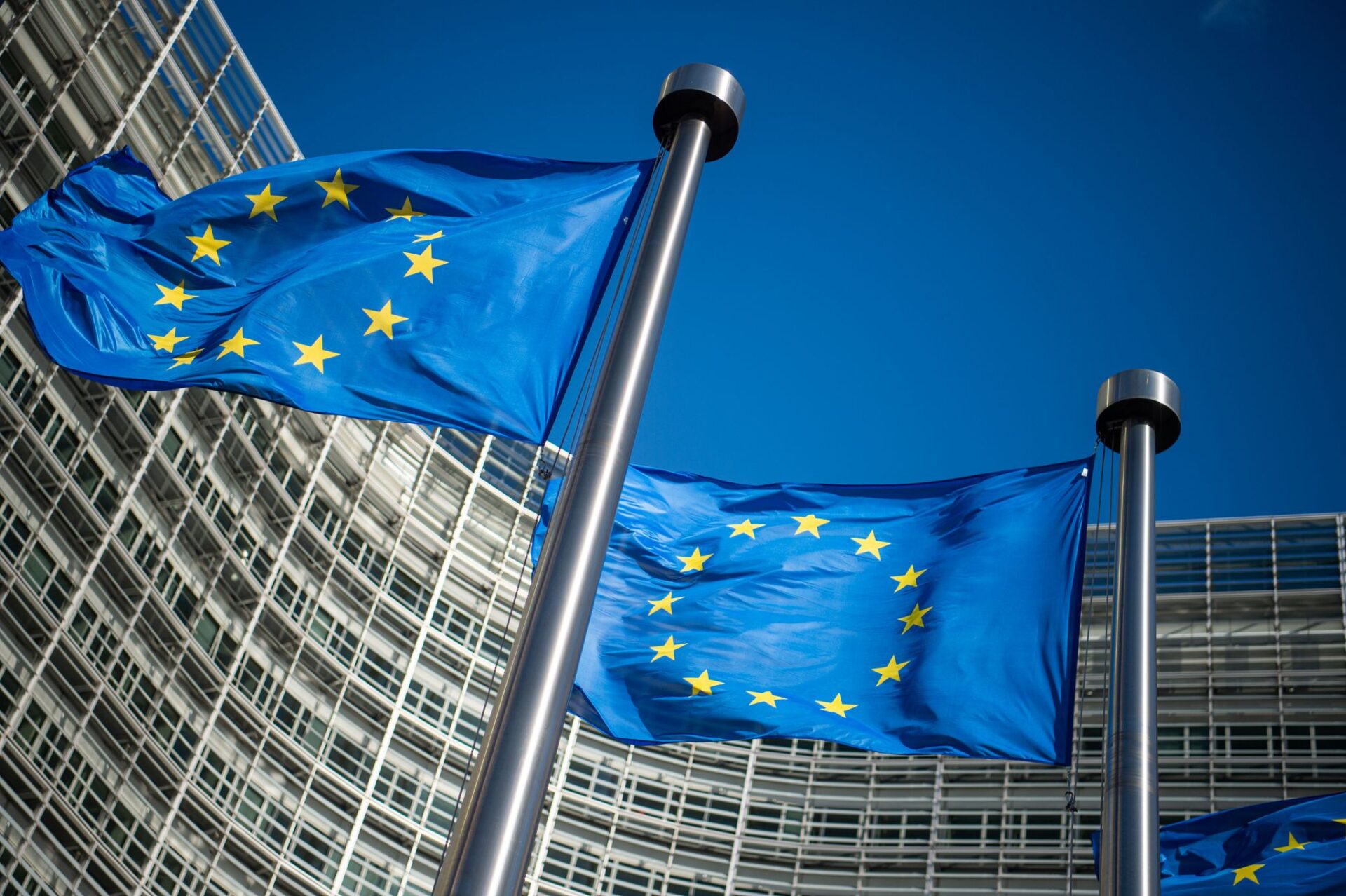AMSTERDAM (ANP) – The Netherlands will host an international research agency on the Holocaust if it is approved by the European Commission. The so-called headquarters will be housed at the NIOD Institute for War, Holocaust and Genocide Studies, located in Amsterdam, according to Dutch Minister Eppo Bruins of Education, Culture and Science and Vincent Karremans, state secretary responsible for war commemoration.
Earlier this month, the request for the establishment and setup of the research facility on behalf of the participating countries (in addition to the Netherlands, it includes Belgium, Germany, Israel, Croatia, Austria, Poland, Romania, Slovakia, Czech Republic, and the United Kingdom) and research institutes was sent, according to the ministers in a letter to the House of Representatives. “This setup contains important details, such as the location of the headquarters in the Netherlands, the establishment of the legal entity to be set up, and the agreed draft statutes.”
After approval from Brussels, the research consortium can start immediately. This is important, as evidenced by an appendix to the letter, because the researchers are eager to start in January 2025, “at the time of the commemoration of 80 years of the liberation of Auschwitz.”
The idea of the consortium is that the information from the involved countries will be consolidated. “This includes photos, videos, paper and digital archives. For example, on train transports during World War II, letters from people in concentration camps, and recent scientific research on the Holocaust.”
Although there is a lot of information about the Holocaust, it is now still “spread across thousands of archives, libraries, museums, and other institutions.” This fragmentation makes it difficult for researchers to find all the necessary information, according to the ministers.
The research agency should resolve that. “For instance, letters from Auschwitz or photos of the liberation of Bergen-Belsen, which are now found in many archives and collections, will soon be searchable at once from a computer. A large part of the sources will soon be digitally searchable. Also for the general public, such as people researching their family history, the research facility will be accessible.”
The Dutch cabinet will contribute 300,000 euros per year until 2035.
(July 30, 2024)
 go to the original language article
go to the original language article
